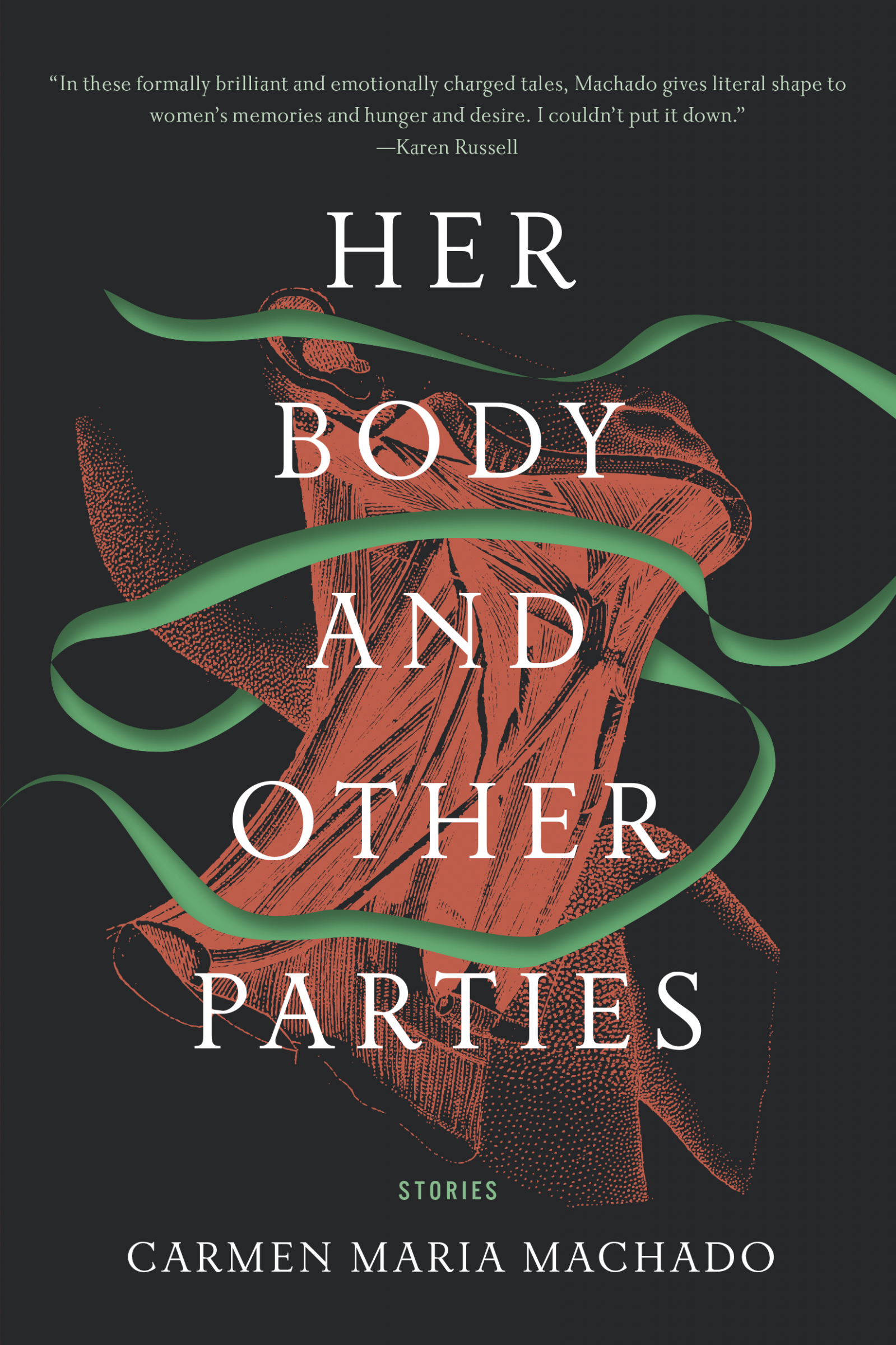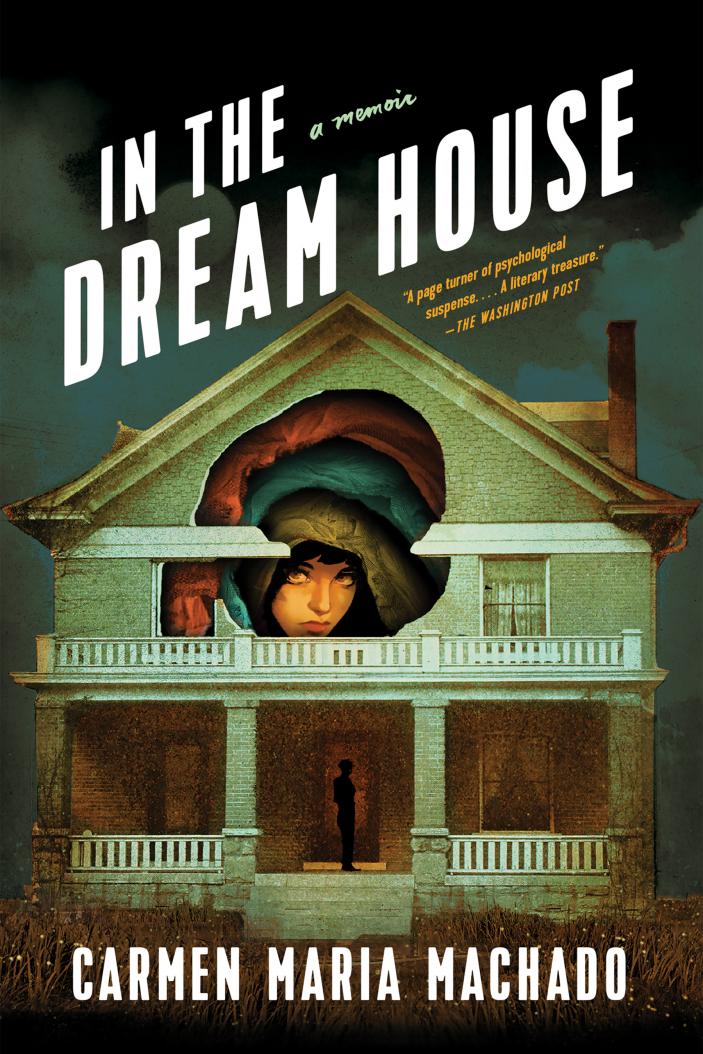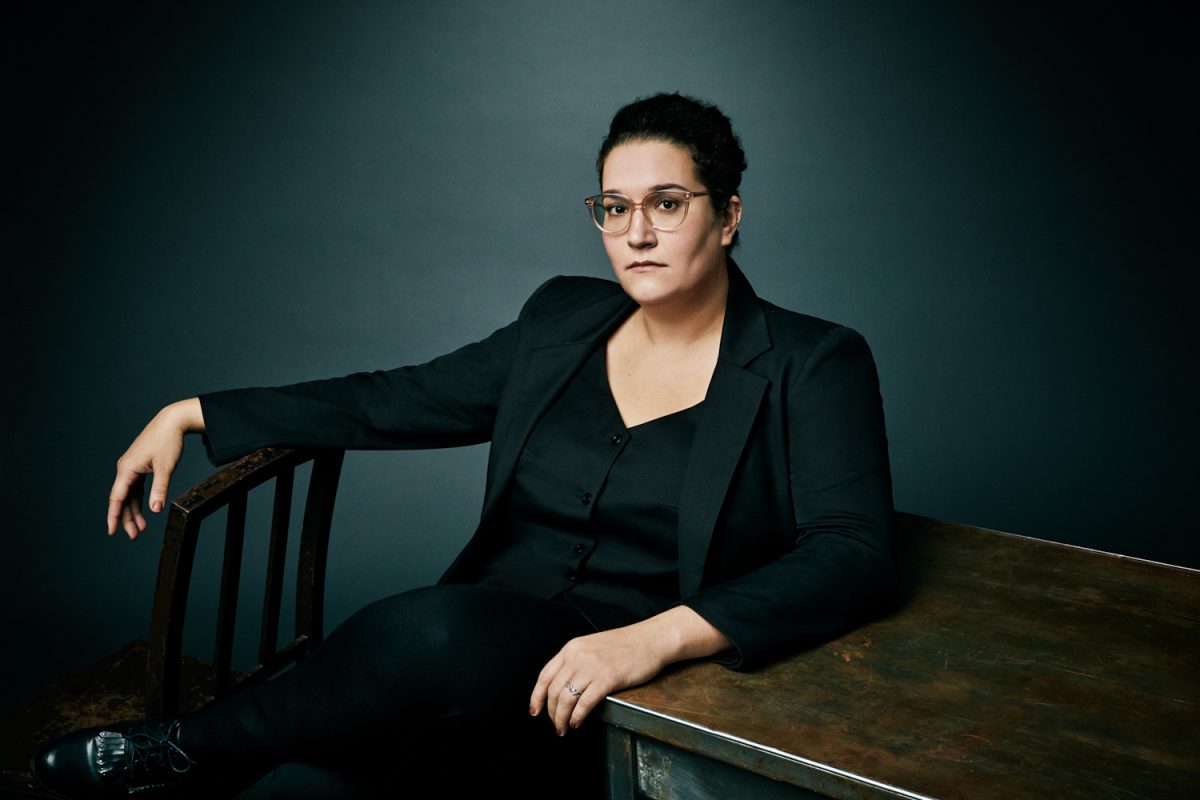This week, Memphis will be graced with a reading by a world-class author of fiction and memoir — Carmen Maria Machado. The author will give a reading at the University of Memphis, along with a lecture on craft, and we had the honor of an interview in advance of her visit.
In Machado’s Her Body and Other Parties, she defies genre and writes stories that read like fables and urban legends. “At first everyone blamed the fashion industry, then the millennials, and, finally, the water,” Machado writes in “Real Women Have Bodies,” in which an epidemic has young girls fading away, to translucence and then to nothing. Even though pandemics and climate change and words like “millennials” root the collection in the present moment, there’s an air of timelessness to it as well, as if these stories have always been told somewhere, in some form.
In a sense they have. These are tales of girls and women who have been taught to fear, and of how it feels to fully inhabit a body, to feel love and lust, to be the madwoman in one’s own attic.

Memphis Flyer: Have you always been a reader? Have you always been interested in stories?
Carmen Maria Machado: Yes, I was a reader from the very beginning. My parents were not huge readers themselves but very much believed in the value of reading — someone read to me every night, whether it was my mom or dad or my great-grandmother.
When did you begin writing?
As soon as I could pick up a pencil, I was writing my own stories and poems, often riffing on writers I loved (like Roald Dahl and Shel Silverstein).
“Brides never fare well in stories. Stories can sense happiness and snuff it out like a candle.” I was really struck by those lines in “The Husband Stitch.” Can you talk about the importance of stories in that piece?
“The Husband Stitch” is a story about stories; the stories we tell ourselves to survive, to be happy, to make sense of a world determined not to make sense. But stories are also unruly; they can shift and evolve, come to mean things you wouldn’t expect, take on new context. Ultimately, it’s a story about how stories can’t save us.
I know people who make lists to help with anxiety, and I couldn’t help thinking about them when I read “Inventory.” Does the narrator focus on these details to help banish the pandemic in the story to the margins?
I think so? I’m also a list-maker and I’ve always been fascinated by the form; how you can see around a list, or use it to play with foregrounding and backgrounding as a literary technique.
I notice that sometimes your characters are unnamed. What made you decide to leave their names unspoken?
I think it’s because I write a lot of first-person stories and I don’t always think of my protagonist as someone who needs to be named.
Much of the collection seems rooted in the physicality of women’s bodies. What is the significance of the disappearing girls and women in “Real Women Have Bodies”? The title seems to draw a line toward supposedly body-positive messaging that nonetheless excludes many women — and is rooted in consumerism and fetishization of women, rather than in reality. Am I way off the mark here?
No! This is one of many stories of mine that directly came from its title. I was thinking about the phrase “real women have curves,” which (as you say) comes from a body-positive place but is fundamentally broken as a philosophy. I remember thinking, “Real women have bodies,” and then liking it as a phrase, and writing it down. Eventually the story just unspooled from there.
Since the upcoming event at the University of Memphis will have a craft interview component, I want to talk a little bit about your process. Can you talk a little bit about what it means to be a working writer today?
I have been incredibly lucky; I’m pretty much having a dream career as a writer in every respect. The fact that I can support myself with my writing is truly incredible, and I get to dive into passion projects constantly. That being said, a lot of writers don’t have that luxury; being a working writer can be extremely difficult, and in the U.S. we have so little support for artists. And trying to do all of it during a pandemic and climate crisis? It’s amazing anything gets written at all.
Is there anything you’ve learned about writing (and querying, submitting, etc.) that you wish you had known when you were younger?
There’s no rush to submit or publish. Make the best work you can make; the rest will come later.
I was fortunate enough to get to interview Tayari Jones a few years ago, and she told me, “I believe that people with the most important stories don’t have time to write every day.” Would you agree with that?
That’s a very bold statement! I agree with the sentiment if not the sentence itself. Certainly people whose lives don’t permit them massive swaths of time to write every day have stories worth telling, and we would be a better society if we supported them. (Also, the idea that one has to write every day to be successful is very silly; I don’t write every day, and I never have.)
Is there anything else you would like to talk about or make sure readers know?Nope! Thank you so much — I can’t wait to come to Memphis.
Carmen Maria Machado will give a reading of her work on Thursday, November 11, at 6:30 p.m. in the University of Memphis UC Theatre. She will give a craft interview the next day at noon in Patterson Hall 456. Both are free and open to the public.

